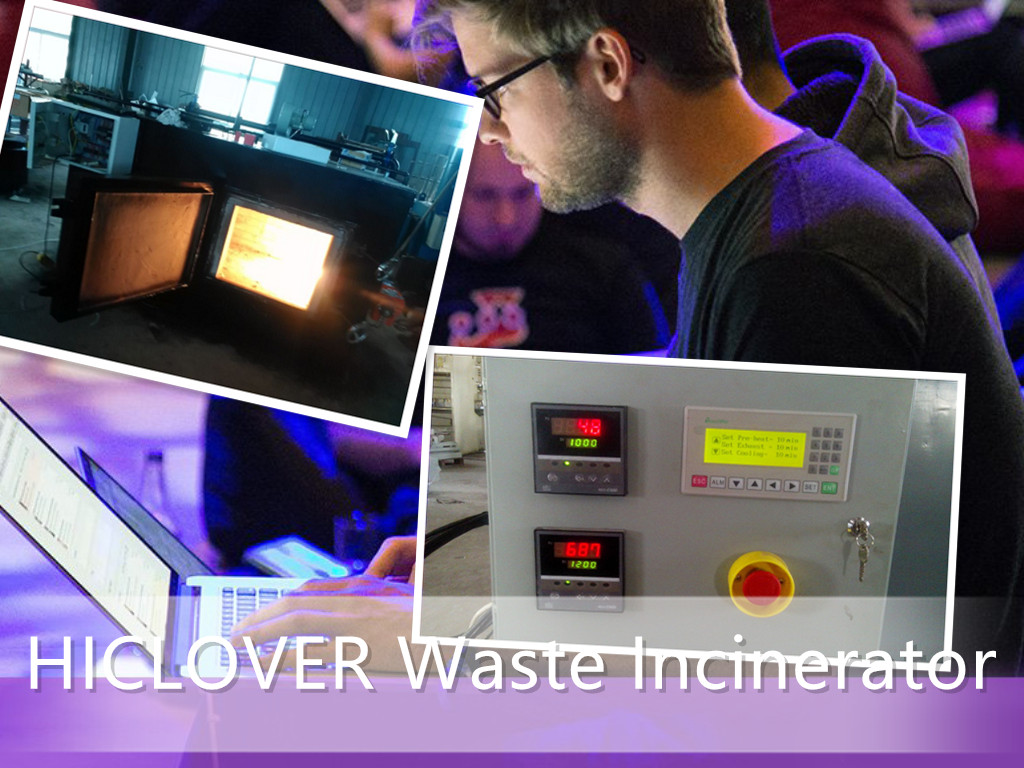Germany is known for its dedication to sustainability and environmental protection, and the country has made great strides in waste management over the past few decades. One key aspect of their waste management strategy is the use of modern incinerators, which play a crucial role in turning waste into energy.
Incineration is the process of burning waste materials at high temperatures, which reduces the volume of waste and generates energy in the form of electricity or heat. Germany has invested heavily in modern incineration technology, which has helped the country to significantly reduce its reliance on landfilling and fossil fuels, while also providing a valuable source of renewable energy.
One of the most important aspects of modern incinerators in Germany is the advanced technology that is used to ensure that the process is as efficient and environmentally friendly as possible. These incinerators are equipped with state-of-the-art air pollution control systems, which help to minimize emissions of harmful pollutants such as dioxins, heavy metals, and particulate matter. This is achieved through the use of advanced scrubbers, filters, and other equipment that capture and remove these pollutants before they are released into the atmosphere.
In addition to controlling air pollution, modern incinerators also feature advanced systems for energy recovery. The heat generated from the incineration process is used to produce steam, which in turn powers turbines to generate electricity. This not only reduces the amount of waste that needs to be landfilled, but also provides a source of clean, renewable energy that helps to reduce the country’s reliance on fossil fuels.
Furthermore, modern incinerators are designed to ensure the safe handling of waste materials, as well as to maximize the recovery of valuable resources. For example, metals such as aluminum and steel can be extracted from the ash residue after incineration, and used for recycling. This not only reduces the need for mining and manufacturing new materials, but also helps to conserve natural resources and reduce the environmental impact of waste disposal.
It’s worth noting that the development and implementation of modern incineration technology in Germany has been guided by strict regulations and standards, which are aimed at ensuring the safety of the process and minimizing its environmental impact. This includes regular monitoring of emissions and the implementation of measures to mitigate any potential risks to public health and the environment.
Overall, the technology behind Germany’s modern incinerators represents a significant achievement in the field of waste management and renewable energy production. By investing in advanced incineration technology, Germany has been able to effectively reduce the amount of waste sent to landfills, while also generating clean and renewable energy. As other countries look to improve their waste management strategies, they can look to Germany’s modern incinerators as a shining example of how technology can be utilized to create a more sustainable and environmentally friendly future.



